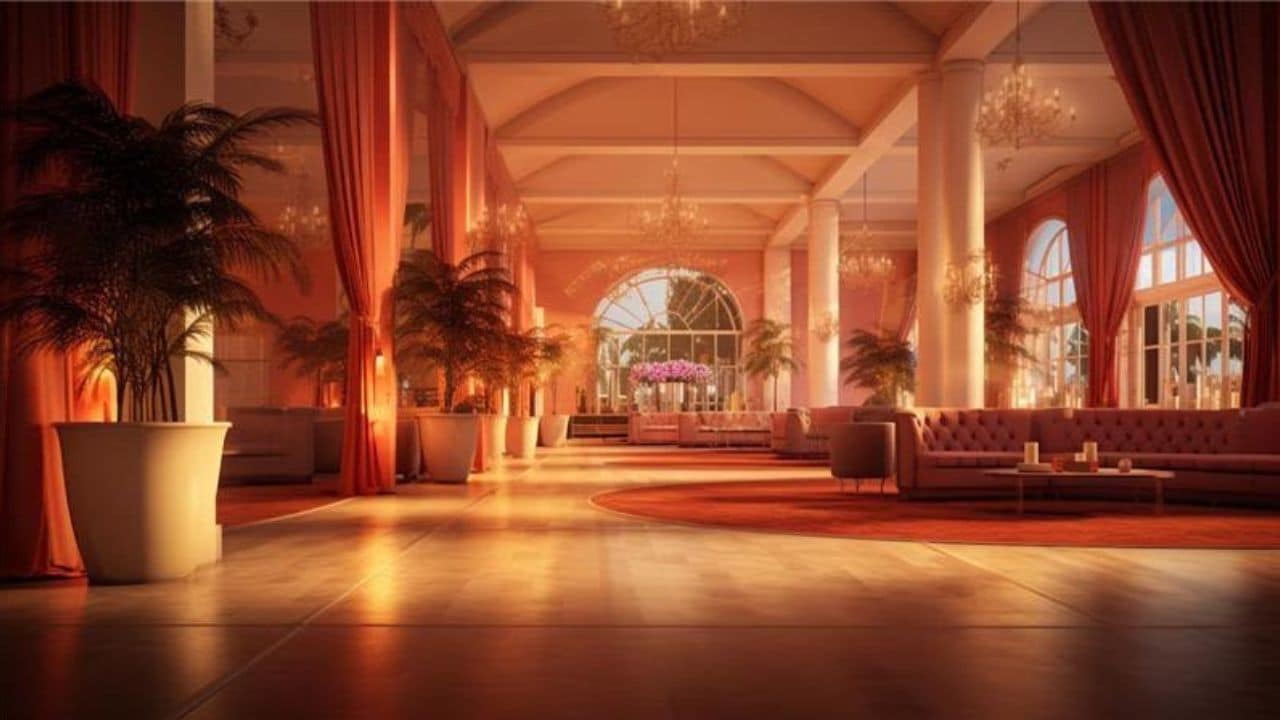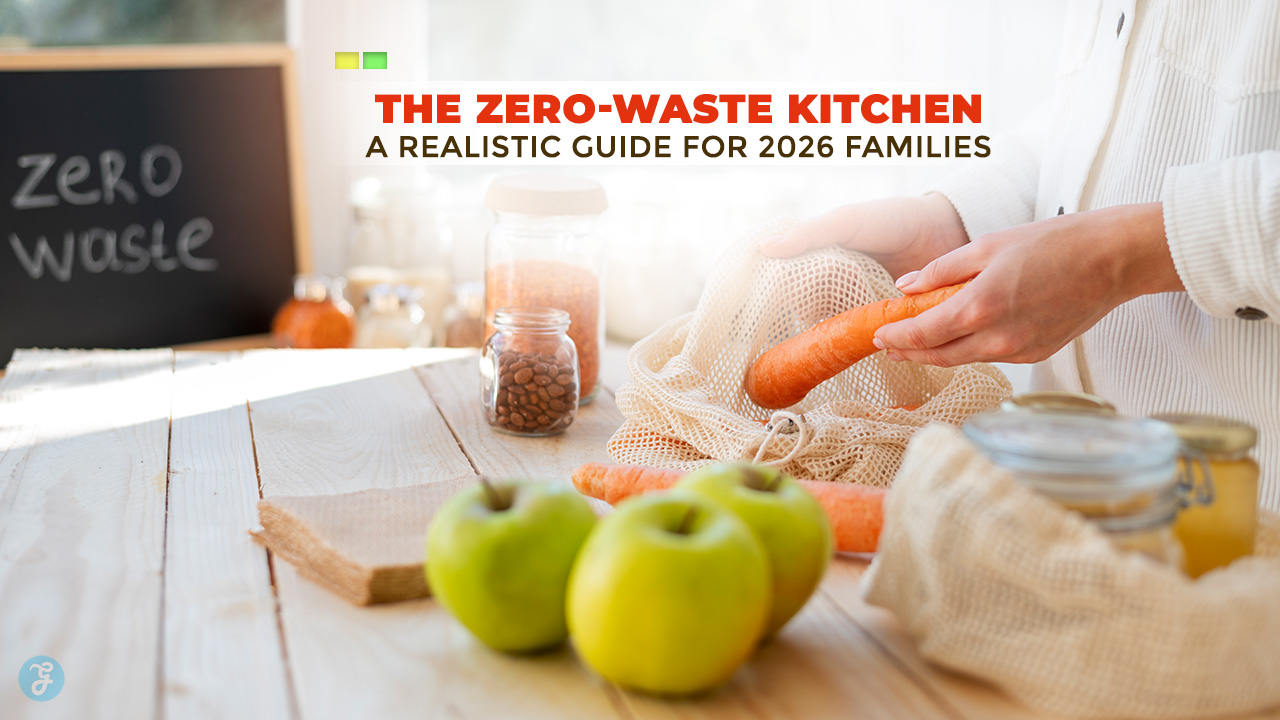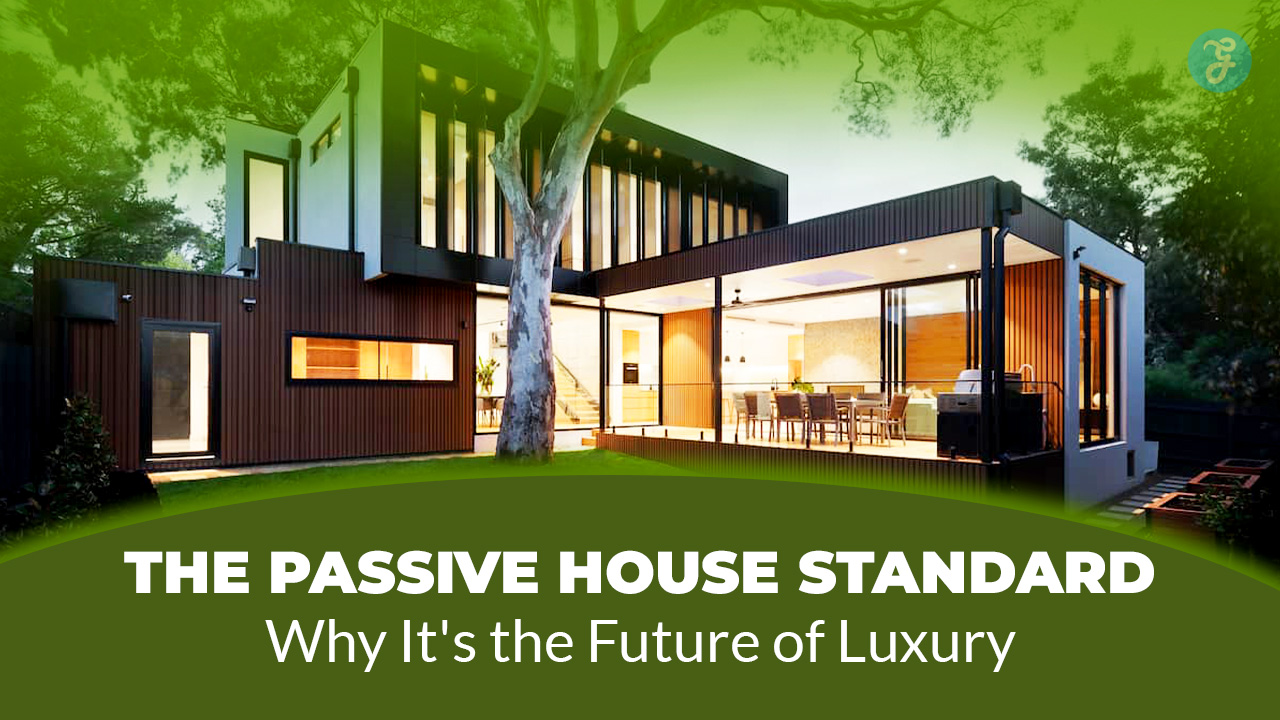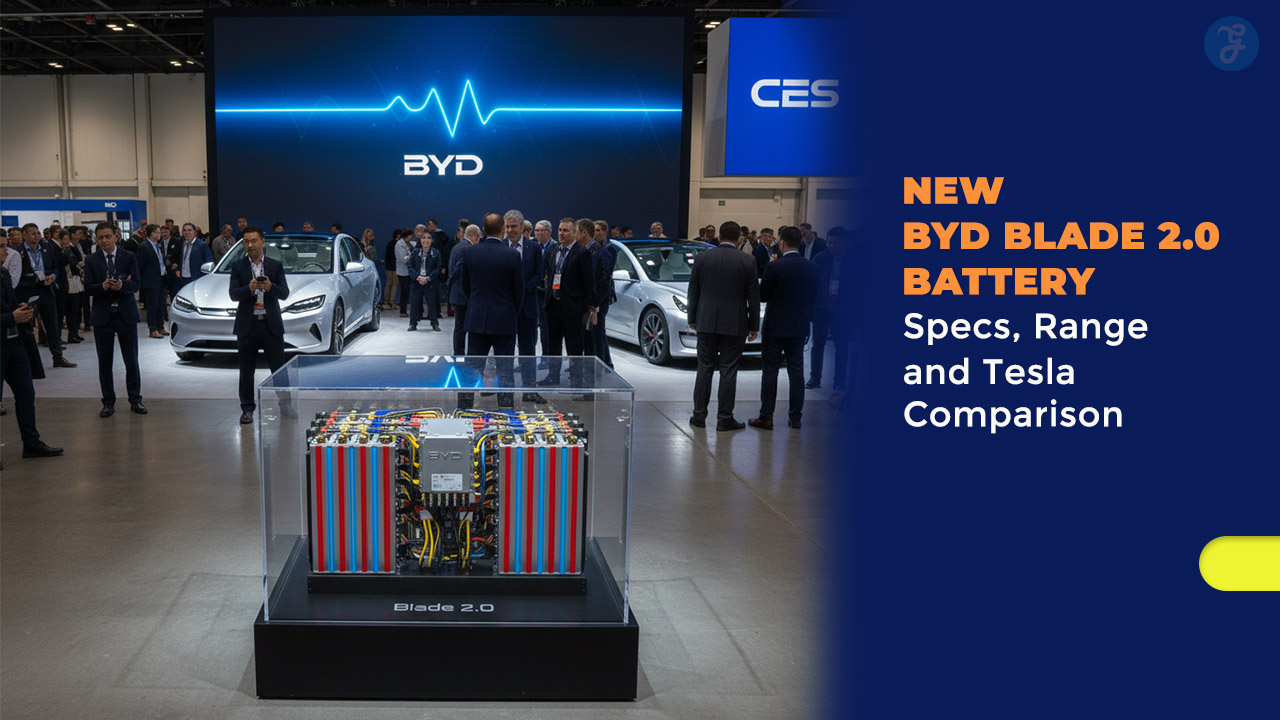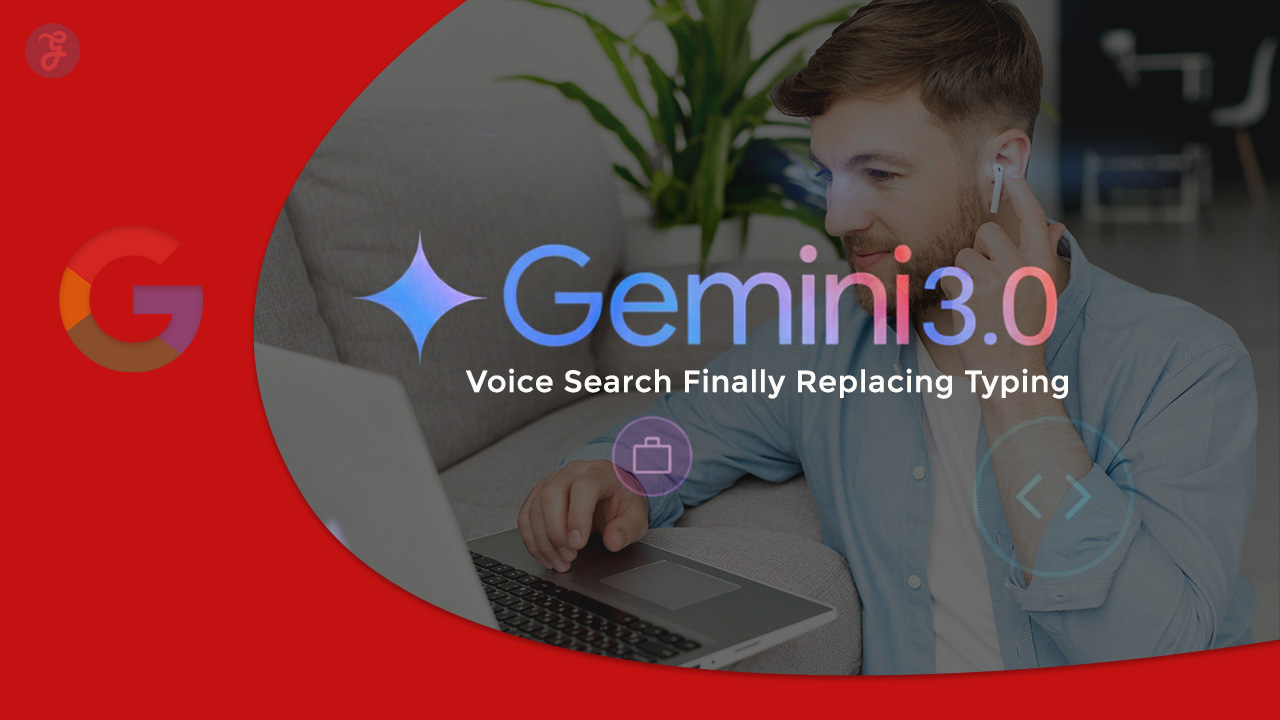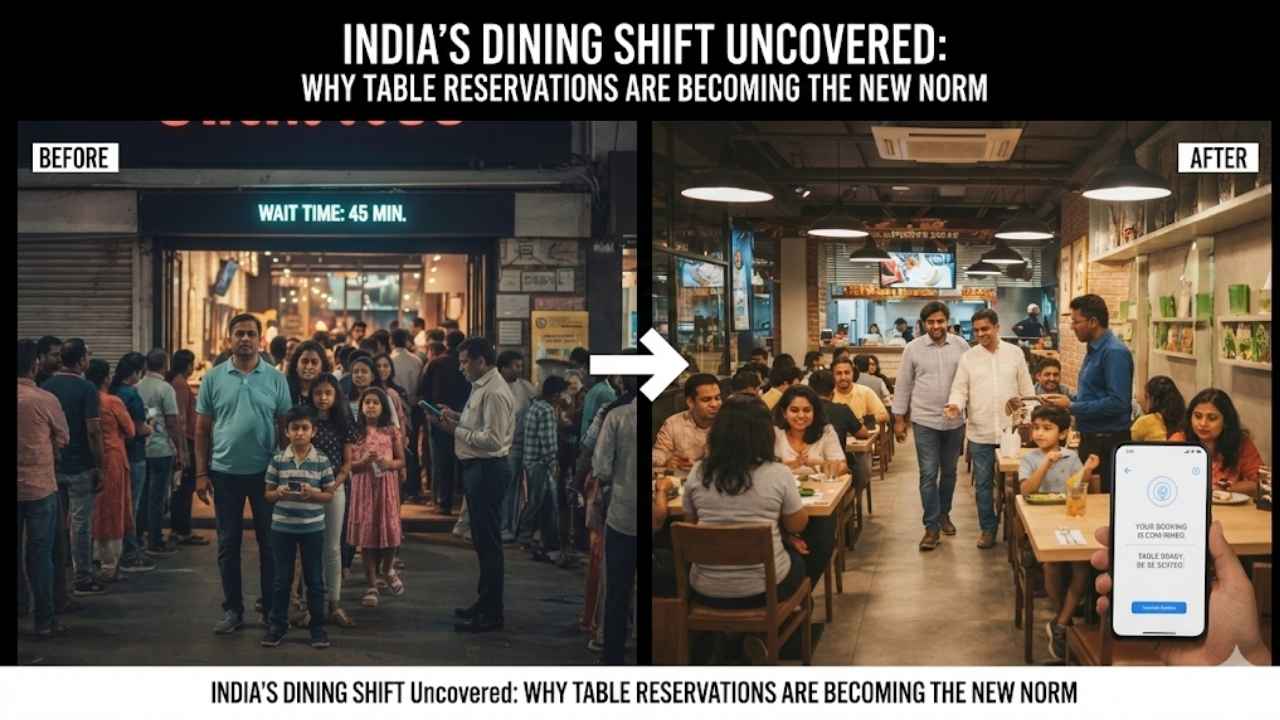The right venue makes all the difference. A good space keeps things smooth. A bad one leads to stress, delays, and unhappy guests. The location, size, and services all play a role. If you rush the booking, you might miss something important. If you start early and ask the right questions, you’ll find a space that works for you.
Australia has event spaces for all kinds of gatherings. From corporate meetings to private parties, the options are endless. But not all venues offer the same perks. Some come with full-service packages. Others just provide the space. Knowing what to look for saves time, money, and hassle.
When to Start Looking for an Event Space
Good venues don’t stay available for long. The best ones fill up months or even years, in advance. For large events, for example, conferences, trade shows, weddings, you should start the search at least a year ahead. Medium-sized gatherings need at least six months.
If you’re flexible on dates, you’ll have better luck. Off-peak seasons come with better rates. On weekdays, you will pay less than on weekends. When you book early, it gives you more choices. It also gives you time to sort out details like catering and seating.
Some venues take last-minute bookings, but it’s a risk. You might not get the space you want. You might have to compromise on size or services. Planning ahead removes the guesswork.
Top Factors to Consider When Booking an Event Space
Location & Accessibility
Guests should not struggle to find the venue. A central spot is always best. A place near public transport makes things easy. If people are flying in, a venue near an airport saves time.
Parking is another factor. Some venues offer free parking, others charge extra. If the space has no on-site parking, look for nearby options. Valet service goes well with upscale events.
Accessibility matters too. A good venue should have ramps, elevators, and wheelchair-friendly restrooms. No one should feel left out because the venue lacks basic features.
Capacity & Space Requirements
You need enough space, but not too much. A crowded room makes people uncomfortable. A space that’s too big feels empty.
Venues have limits on how many people they can hold. Fire safety rules also apply. You should check these before booking.
Seating layout is just as important. Some venues offer flexible setups. Others have fixed seating. If your event needs different arrangements like round tables, theatre-style, standing areas, first make sure the venue allows it.
Cost & Hidden Charges
Event space ranges from budget-friendly to high-end. The price depends on the location, and the size, plus included services.
A quote may not cover everything. Some venues charge extra for security, cleaning, or overtime. Some have fees for using outside vendors.
Ask for a full price list. Know what’s included before you sign. Some venues have package deals for you that include catering, AV setup, and event staff. You may find a better deal with packages than when booking each service separately.
Technical & AV Support
Most events need sound and visuals. A good venue should have a sound system, wireless microphones, and screens for presentations.
Another thing that is a must is Wi-Fi. Virtual attendees or presenters may have trouble staying connected if a venue has slow internet.
On-site tech support helps too. If something stops working, you need someone who can fix it fast. Some venues offer IT help as part of the package. Others charge extra.
Event Support & Staffing
Some venues offer full-service event teams. Others leave the setup and management to you.
A venue with event coordinators, waitstaff, and security makes things easier. They handle logistics so your focus can go on the event itself.
Cleaning crews matter too. If the venue does not include them, you may have to arrange your own. Post-event cleanup can take hours without the right team.
Catering & Refreshments
Guests expect good food. Some venues have in-house catering. Others let you bring your own vendors. Some require you to use their preferred caterers.
Dietary needs should be covered. A good venue should offer halal, vegetarian, vegan, and gluten-free options.
Drinks are another thing to check. Some venues have a liquor license. Others don’t. If alcohol is part of your event, make sure the venue allows it.
The Booking Process: What to Expect
1. Shortlisting Venues
- List what you need before you start looking. How many people? What kind of setup? What tech? What services?
- Visit venues in person. Photos don’t tell the full story. Check the space, the lighting, and the overall vibe.
- Compare packages. One venue might seem cheaper but charge extra for things another venue includes.
2. Negotiating the Contract
Venues may adjust their rates, especially for early bookings or weekday events. Some offer discounts for repeat customers.
Read the contract carefully. Look for cancellation terms, deposit policies, and extra fees. If you’re not sure about something, ask before you sign.
Make sure the contract covers:
- Date and time of the event
- Total cost, including all fees
- Services included (staff, catering, AV equipment)
- Rules for changes or cancellations
3. Finalizing the Details
Once booked, work on the details. Seating plans, catering menus, and tech setup should all be confirmed well in advance.
A walkthrough a few days before the event helps. Test the equipment. Check the room layout. Make sure everything is set up the way you need it.
Sustainable & Eco-Friendly Event Spaces in Australia
More venues now focus on sustainability. Some use energy-efficient lighting. Others have waste reduction programs.
Many offer digital check-ins instead of printed name tags. Some partner with local caterers to reduce food waste.
If sustainability is a priority, look for a venue that supports it. Some places even offer incentives for eco-friendly events.
Takeaways
A great event space does more than hold people. It shapes the event. It makes things run smoother.
The best bookings happen when you plan ahead. If you check all the details, you won’t have to worry about last-minute surprises.
A well-chosen venue takes the pressure off. It lets you focus on the experience, not the logistics. Look for the right mix of location, services, and flexibility. When a space ticks all the boxes, you know you’ve found the right one.


